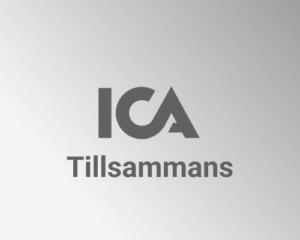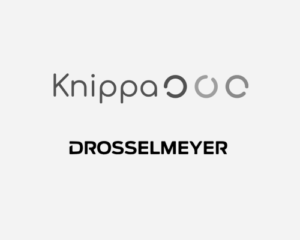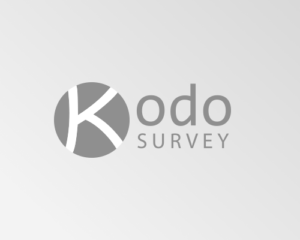Weekday – WeDo project
Business Developer Program 2019
Project developed for the Digital Commerce course
About the project
For the Digital Commerce course, we worked with the fashion brand Weekday. Weekday is part of H&M Group, with a presence in 16 countries. The brand is focused on youth culture and street style and has sustainability as a strong value (source).
The brief chosen by my team proposed building a digital platform for the brand. The requirements were: to show a clear business purpose; that should add value to the overall mission; be built on insights and market research. And above all, it should have a relevant value and purpose for customers.
Our team consisted of Christian Rodriguez, Sophia Rehioui, Joel Balkow, Francisco Palavecino, and me.
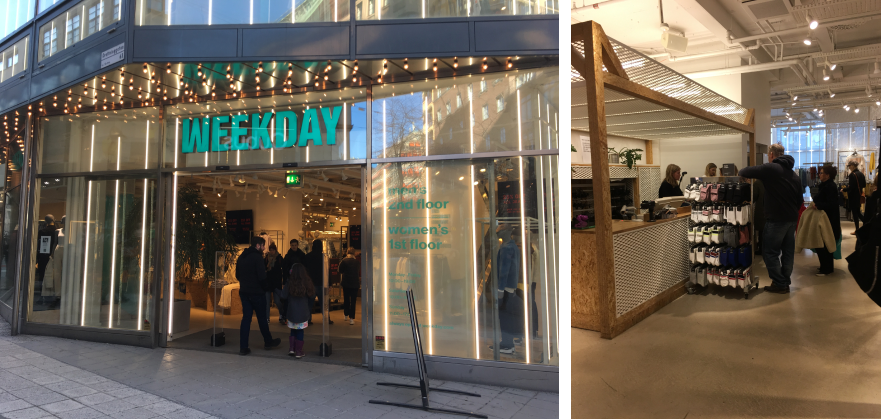
Framing an opportunity
Who does need another app? When facing a proposal like “building a new digital platform”, this is probably the first question that comes into mind. The world is full of apps; to be honest, who needs a new one? So, when the brief proposed the concept of a new platform, we were focused on building something that would be truly valuable.
Among its values, Weekday is committed to sustainability. The most significant part of their collections are produced from recycled fabrics. They also promote second-hand fairs; more recently, its stores started offering fixed areas for second-hand products.
Weekday consumers are also actively engaged with sustainability, but they were not so sure about the actions the brand was taking at the moment. It’s unclear which companies are taking the topic seriously or not, as greenwashing was and is a common practice, unfortunately.
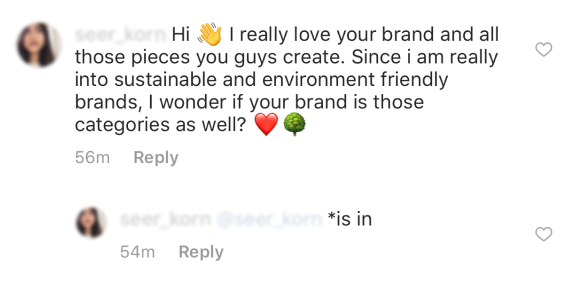
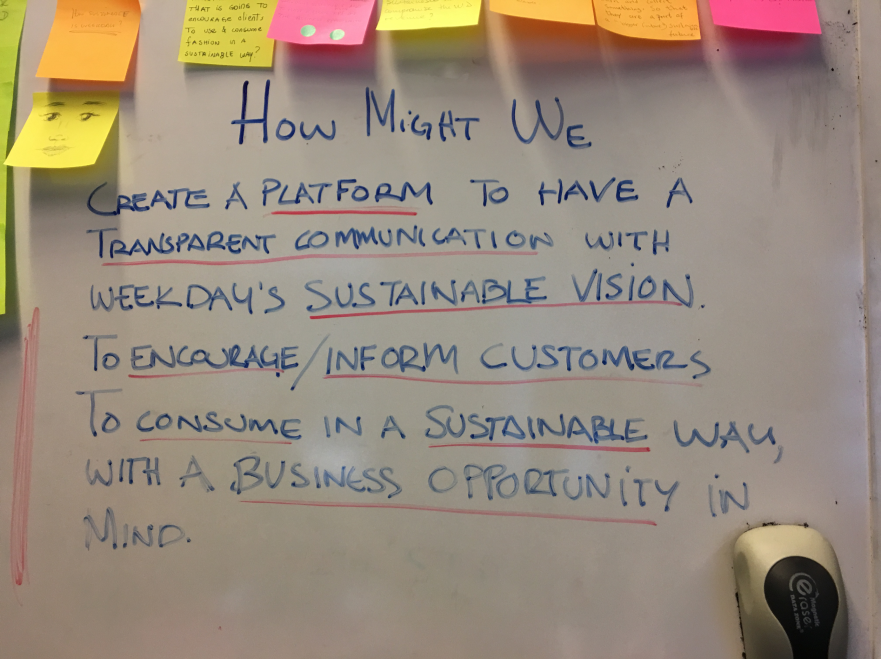
Building the MVP
Our team applied a design sprint process to investigate and propose this new platform. We opted for the traditional format of a 5-day sprint, where we:
- Investigate trends, consumers, and the competitive landscape.
- Explore findings and select the most relevant ones, creating our “How might we” question for the project.
- Co-create solutions and produce the proposition.
- Prototype an interactive app.
- Test the concept with consumers.
- Review the concept and make the necessary changes.
- Produce a final report.
With complete dedication to the process, the sprint was quite successful. We performed user interviews, clustering and analysing research findings, co-creation workshops, and feedback sessions among the activities. Every team member had the chance to collaborate and practise their facilitation skills. And those without experience in the design sprint method could solidly learn the process.
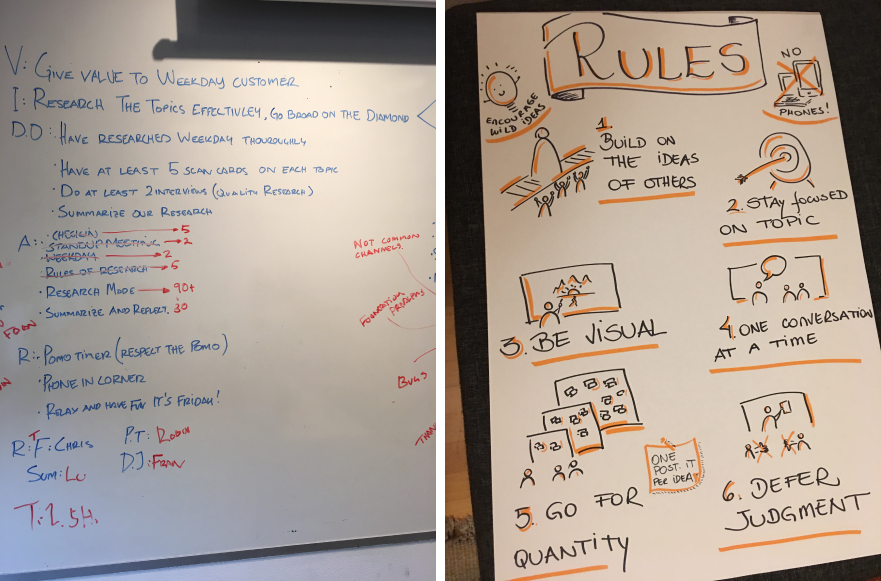
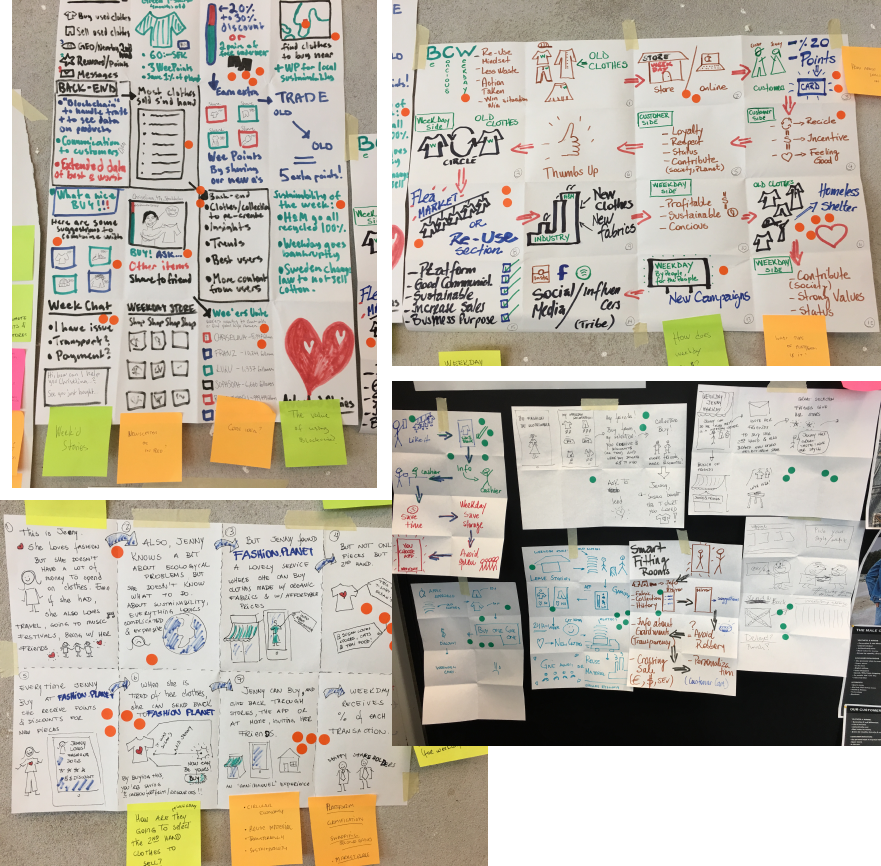
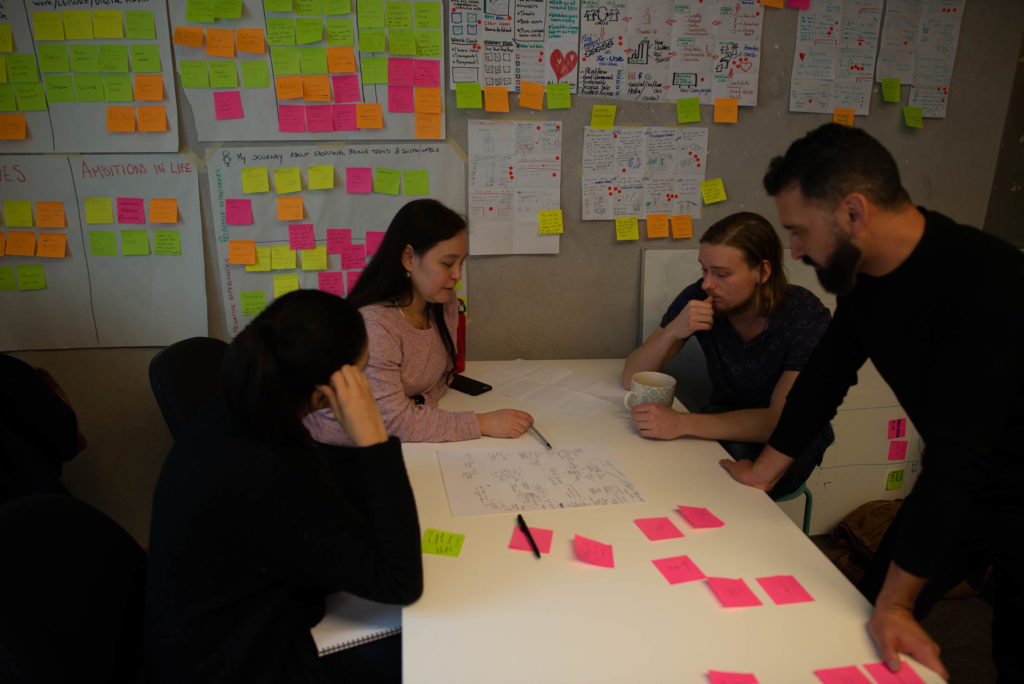
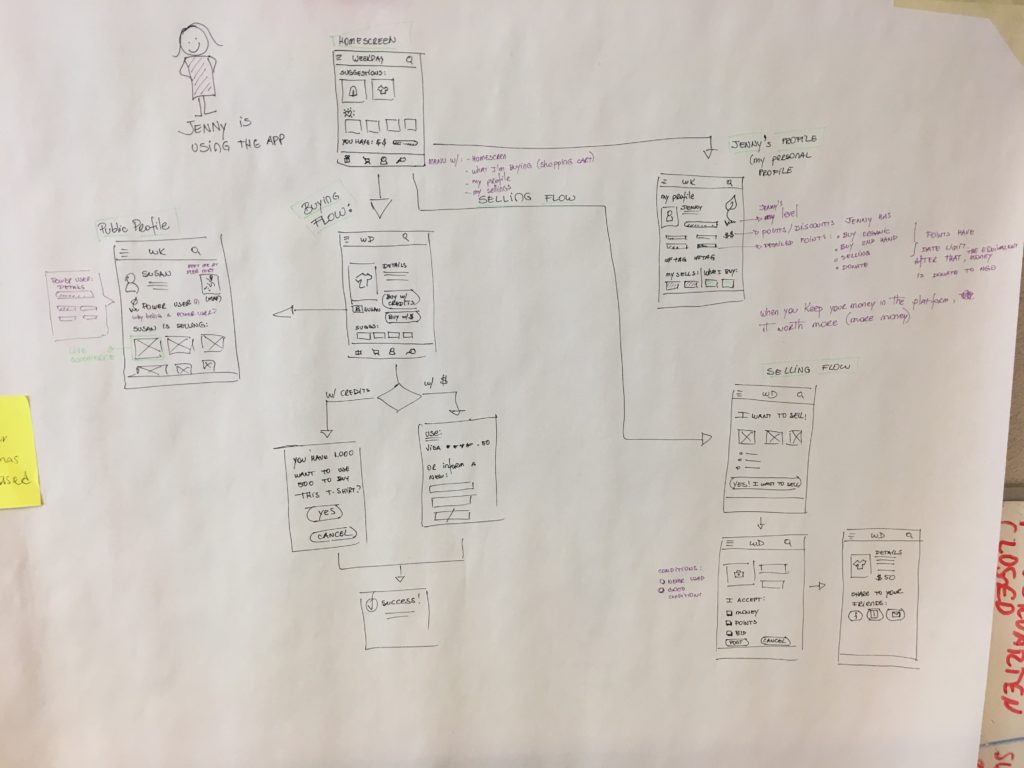
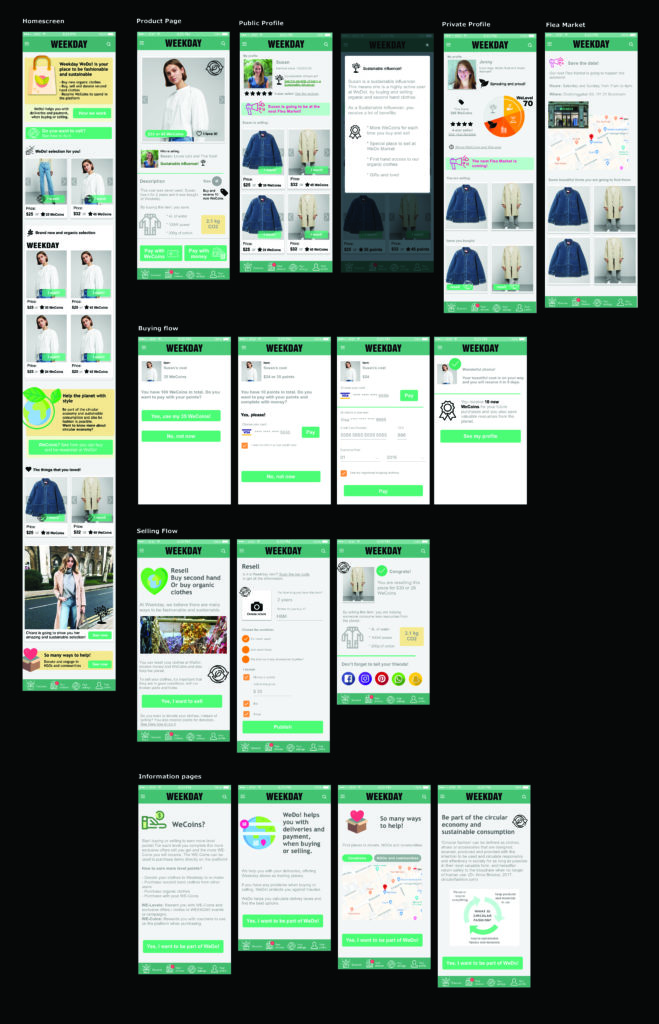
Outcomes
The results of this course were that besides a solid project, the whole team could also practice co-creation methods and learn by doing the design sprint process.


